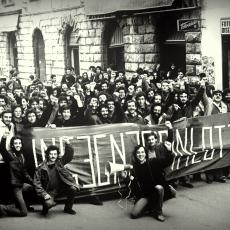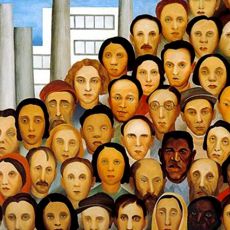Argentina’s recuperated workplaces
The emancipatory potential and the limitations of workers’ control
During the 1990s and in the immediate aftermath of Argentina’s economic meltdown in 2001-2002, the country witnessed an unprecedented formation of heterogeneous social movements such as newly founded trade unions, the unemployed workers’ movement, neighbourhood assemblies, garbage collectors, swap shops and recuperated workplaces. While most initiatives quickly disappeared during Argentina’s economic recovery in the years following the crisis, occupied and recuperated enterprises successfully emerged as the strongest and most organised form of popular protest. The workers’ longstanding struggle for the recuperation of the means of production, in part, radically altered existing forms of representation and participation within the workplace.
Assembly-based mandates, direct elections of internal commissions, the rotation of positions and coordinators, representation of minorities and the free expression of diverging voices became established practices which encouraged direct and democratic workers’ involvement in the decision-making. They replaced hierarchical capital-labour relationships and bureaucratic leadership provided by traditional client-based trade unions. This chapter will examine the specific socio-economic and political-ideological context that provoked the renaissance of Argentina’s recuperated enterprises. In addition, it will discuss the emancipatory potential and the main obstacles and limitations of workers’ control.
...
read more:





